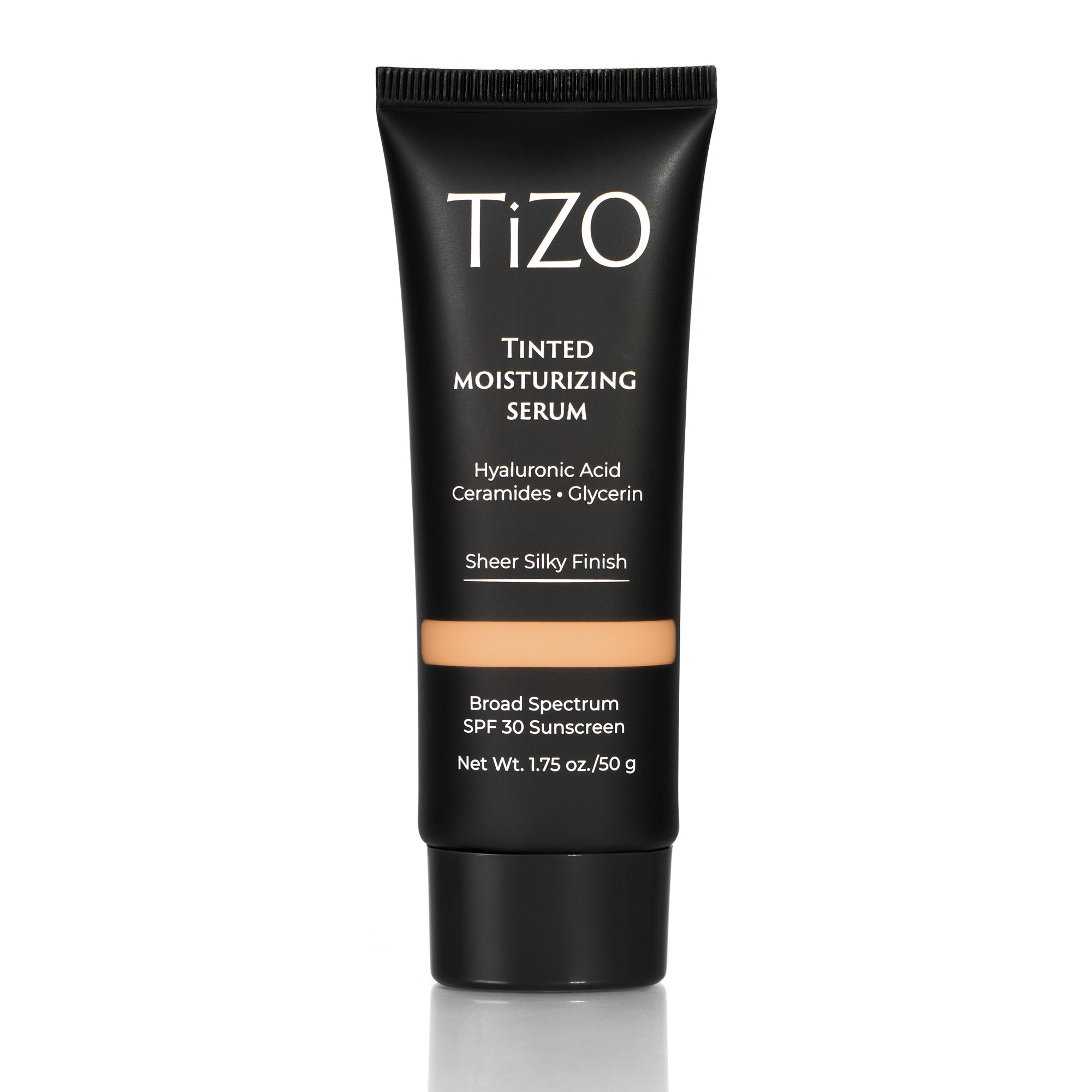Is Your Sunscreen Reef Safe?
We’re all familiar with the cruelty-free logo. You know, that cute little bunny we love to see on many of our favorite products. But you may have started noticing another symbol popping up on some sunscreens: something to symbolize that it’s reef-friendly.
This icon identifies products as non-damaging to our reefs and marine life. It is becoming more and more common to find companies that claim their products as reef-friendly, but in reality, they may not be. How do you know if your sunscreen is actually reef-friendly?
A good place to start is by reading the back of your sunscreen bottle, of course. More specifically, pay attention to the active ingredients. So far, oxybenzone and octinoxate – two of the most commonly used chemical sunscreen ingredients in the world – have both been deemed harmful to our coral reefs and marine life.
In fact, several frequently traveled vacation areas, like Palau and Hawaii, have banned these two ingredients. Further, researchers are now investigating whether similar chemicals, including octocrylene and avobenzone, also have the potential to harm coral reefs.
So, what’s happening?
Sunscreen can enter the ocean from our bodies while swimming or even enter water from the sand. Spray sunscreen, in particular, can miss the body and settle on the sand. When high tide comes in, it pulls all those chemicals into the ocean. Our oceans are so sensitive to chemical sunscreen filters that the chemicals can even make their way back into the ocean through treated wastewater after you shower it off your body. Oxybenzone contaminates with incredibly low doses; 62 parts per trillion to be exact (which is equivalent to one drop of water in 6.5 combined Olympic sized pools1)! Oxybenzone increases coral’s susceptibility to bleaching, interferes with its hormonal process which affects its ability to reproduce, causes deformities and damages the DNA which also interferes with reproduction.
Coral exposure to octinoxate can also be detrimental. Similarly to oxybenzone, octinoxate leaves coral in distress which makes it subject to bleaching, DNA damage and can cause abnormalities in their growth. Both chemicals have also been known to harm marine life with detectable levels found in various species of fish all over the world.
In 2018, Hawaii passed a law banning oxybenzone and octinoxate and in March of 2021, two more chemical sunscreen filters were added to that list: octocrylene and avobenzone. Similarly, Aruba and the U.S. Virgin Islands and a handful of other locations have imposed bans against certain chemical sunscreen filters.
While it is amazing that these destinations are taking environmental precautions, it's just a start. True progress in restoring and preventing the damage to our marine life can't wait for legislative solutions. It's up to all of us.
What can we do to help?
We’re so glad you asked.
Titanium and Zinc are not only safe for your body, but they are also not linked to coral bleaching or the damage of marine wildlife. What company produces such a product? Once again, so glad you asked. TIZO stands for titanium and zinc oxides so it’s quite literally the name of our game!
As we mentioned before, spray on chemical sunscreens create chemical clouds which not only miss your skin but settle in the sand. When the tide comes in, the chemicals that settle in the sand are washed out to sea. With these clouds, it is common to inhale the particles as well. If these chemicals are bad for the reefs and marine life, you don’t want them inside your body.
A great alternative is TIZO’s SheerFoam SPF 30. A unique solution to your typical sunscreen consistency, TIZO SheerFoam goes on as a foam and spreads like a lotion. It is an SPF 30 and is available both tinted and non-tinted. Oh, and did we mention it’s reef-friendly? In fact, ALL TIZO sunscreens are reef-friendly, so you never have to question if our products are good for the earth or your body.



Leave a comment